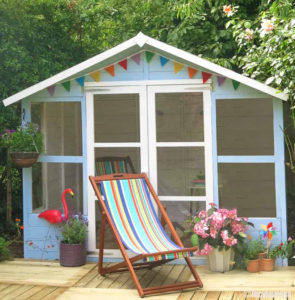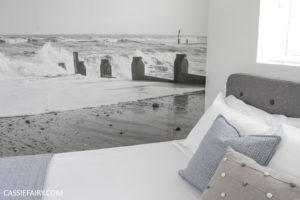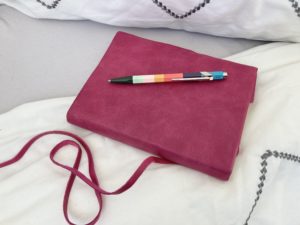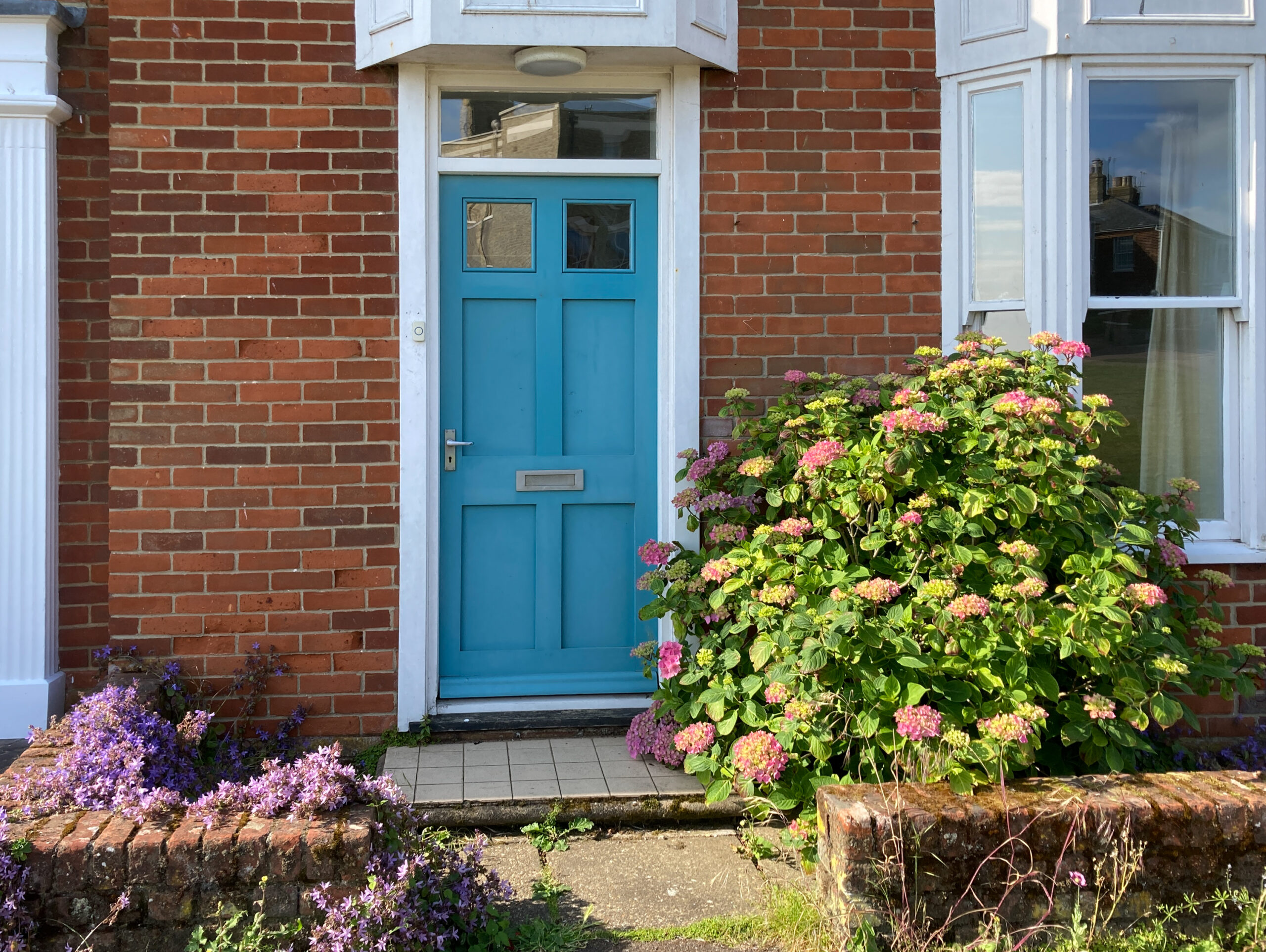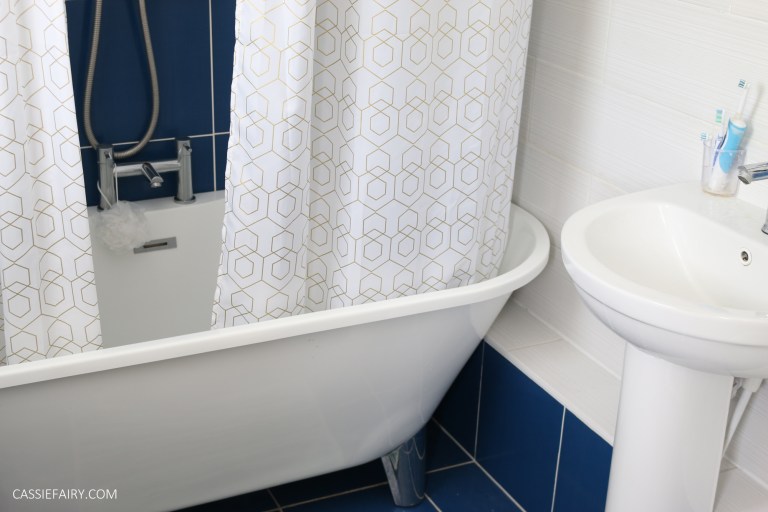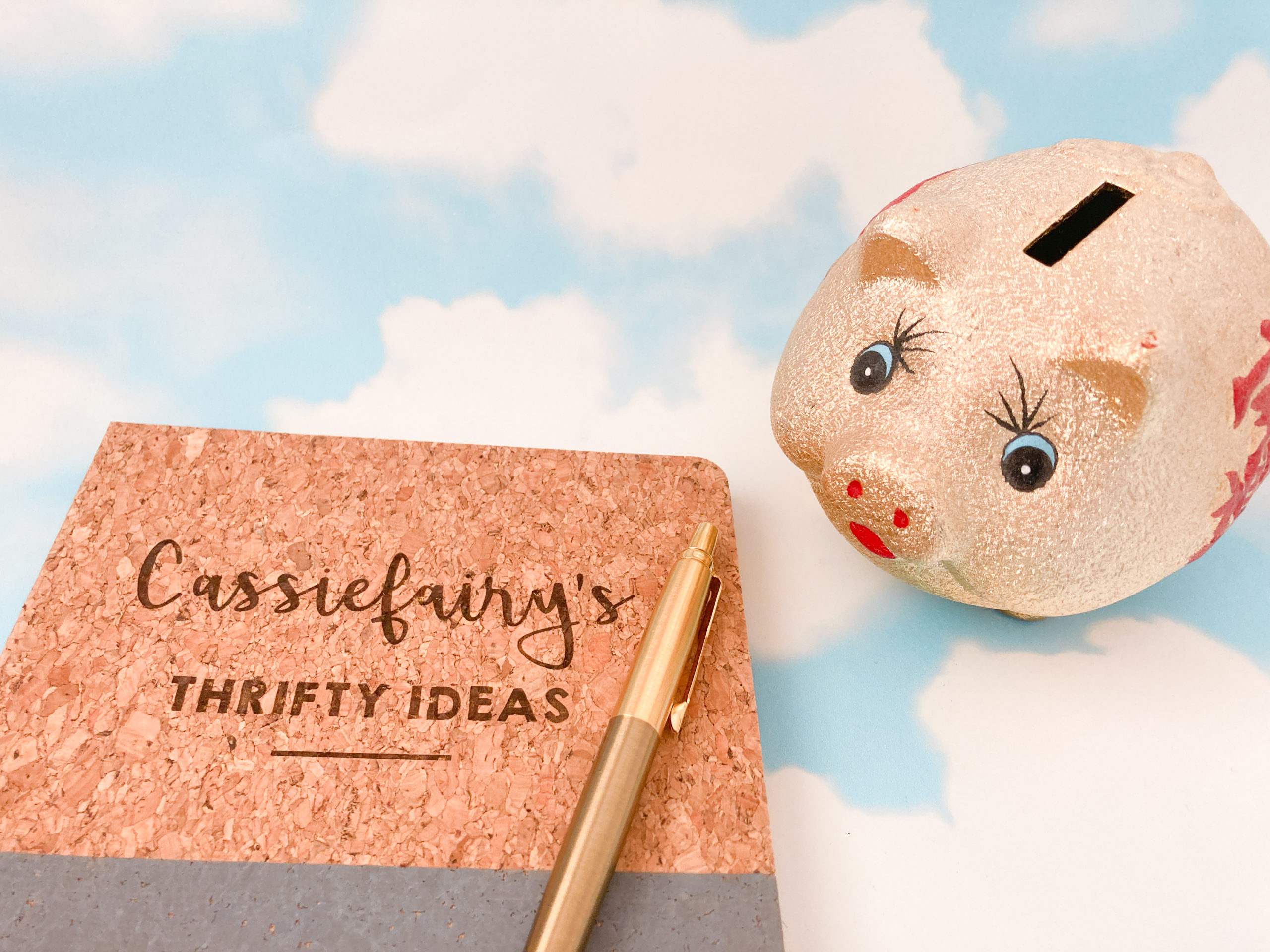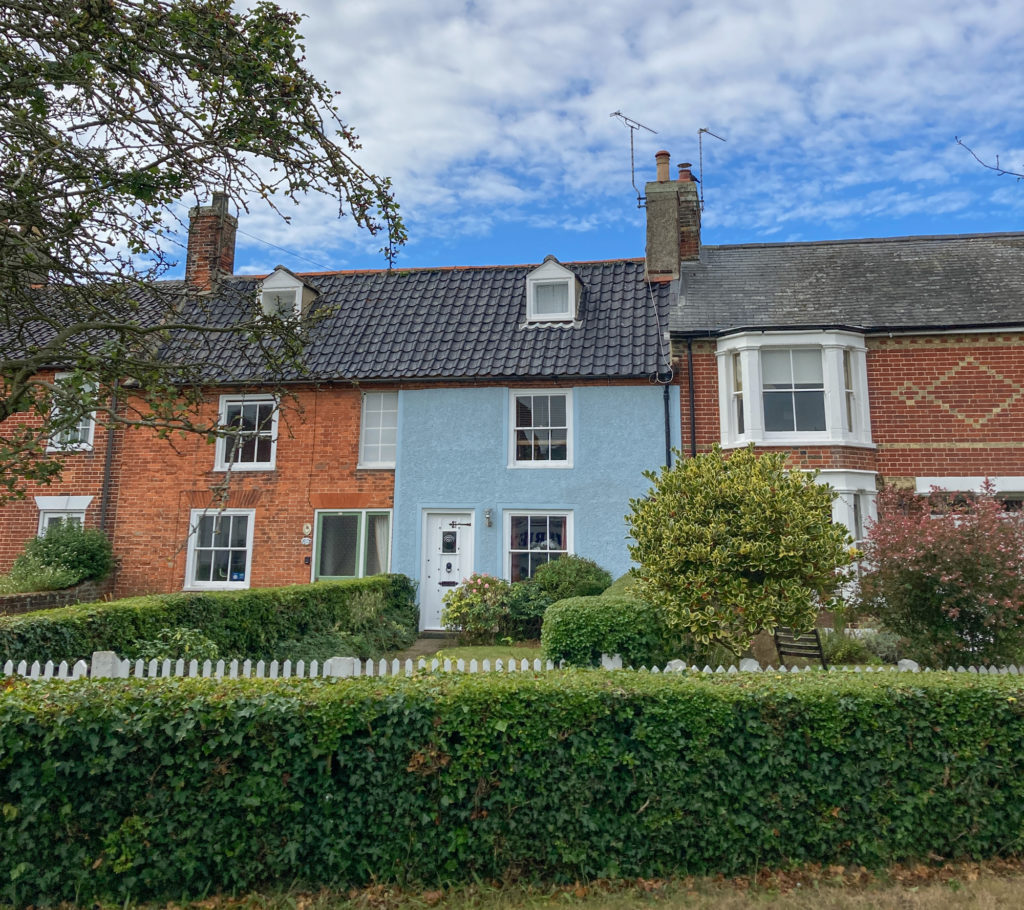
For many years, buying a property seemed like an impossibility to me. Having to save a deposit was enough of an obstacle without having to factor in all the other expenses or pitfalls that might come up during the home-buying process. It was often a New Year’s resolution of mine to save money and start house hunting but for a few years we didn’t get very far and here’s why – lack of preparation!
There are loads of factors to consider when you’re saving and hunting for your first home, from property conveyancing to mortgage arrangement fees. But, if you’re prepared for all eventualities in advance, you can be ready to proceed no matter what happens. You might even be able to achieve your goal of buying your first home this year.
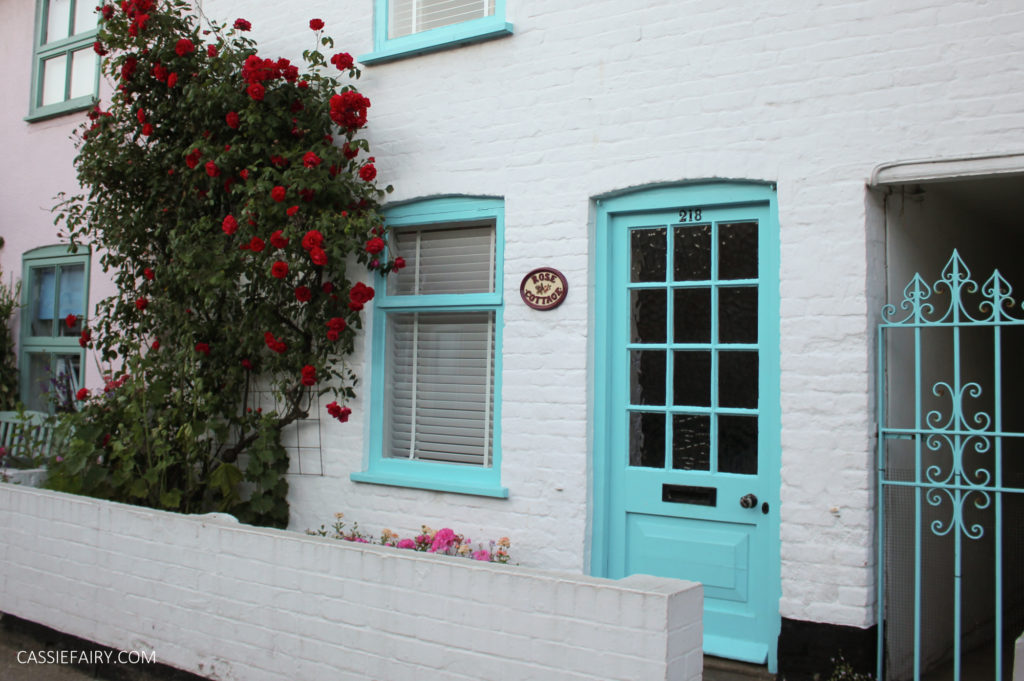
Saving a deposit
This first, essential step is probably the most difficult (and perhaps lengthy) part of the house-buying process – saving that deposit. It might seem like such a huge amount to save but, believe me, it can be done. In fact, once you start saving and begin to see your savings pot grow, it becomes quite addictive to put more money in there! You’ll soon be saving every penny, realising that even the smallest saving helps. I’ve written about some tips to help you save money for your life goals here.
The key is to save as much as you can every single month. You just have to commit to having no luxuries and no excess spending between now and 6-12 months time – you can do that, can’t you? If you don’t buy any new clothes and gadgets, if you skip the salon, and if you have days out rather than weeks away, all the money you’ll save on these things can go straight into your savings account and it’ll grow quickly. I’ve shared some spending lessons that can be learnt from the way we used to shop to help you cut costs and some ways to save (and earn!) money through your lifestyle choices.

Mortgage planning
I highly recommend getting a mortgage adviser to help you with your first mortgage. This will enable you to find out how much deposit you will need and how much money you can borrow based on your income. Your mortgage advisor shouldn’t charge you a fee for their services (as they’re usually paid by the lender when they arrange a mortgage for you) and they will be able to search for suitable mortgages from dozens of suppliers. This will save you time on shopping around online or visiting banks and you’ll only need to fill in one form, another time-and-effort-saving factor.
Your mortgage advisor will show you the best deal for you based on the interest rates AND the fees associated with the mortgage. Sometimes, what looks like a good interest rate isn’t the best value overall, as there may be high arrangement fees. Plus, your advisor will be able to show you the different ongoing costs depending on the value of the property – so, if you already know how much you’d ideally like to spend on your mortgage each month, they can work backwards and tell you what price house you should be looking to buy.
Conveyancing costs
An essential part of the buying process is legally transferring the ownership of the property to you, so you’ll need to instruct a conveyancing solicitor to do this. You’ll need to pay an upfront fee to get the searches started and, when the deal goes through, there will be a final bill to pay to your legal team. Get a conveyancing quote before you start so that you know what the costs will be – and you can even choose a solicitor before you’ve found a property so that you’re ready to move quickly when you get an offer accepted.
Rent payments
Conveyancing is what fills the time between putting in an offer and getting the keys to your new home, so it’s a good idea to choose a solicitor who is ready to help you to complete quickly. This will help you save money in the long run, as you’ll be paying rent in the interim so, if you can cut months off the conveyancing process, all those rent payments will be saved. Your solicitor will be able to advise you on when the completion date is approaching so that you can give your landlord plenty of notice.
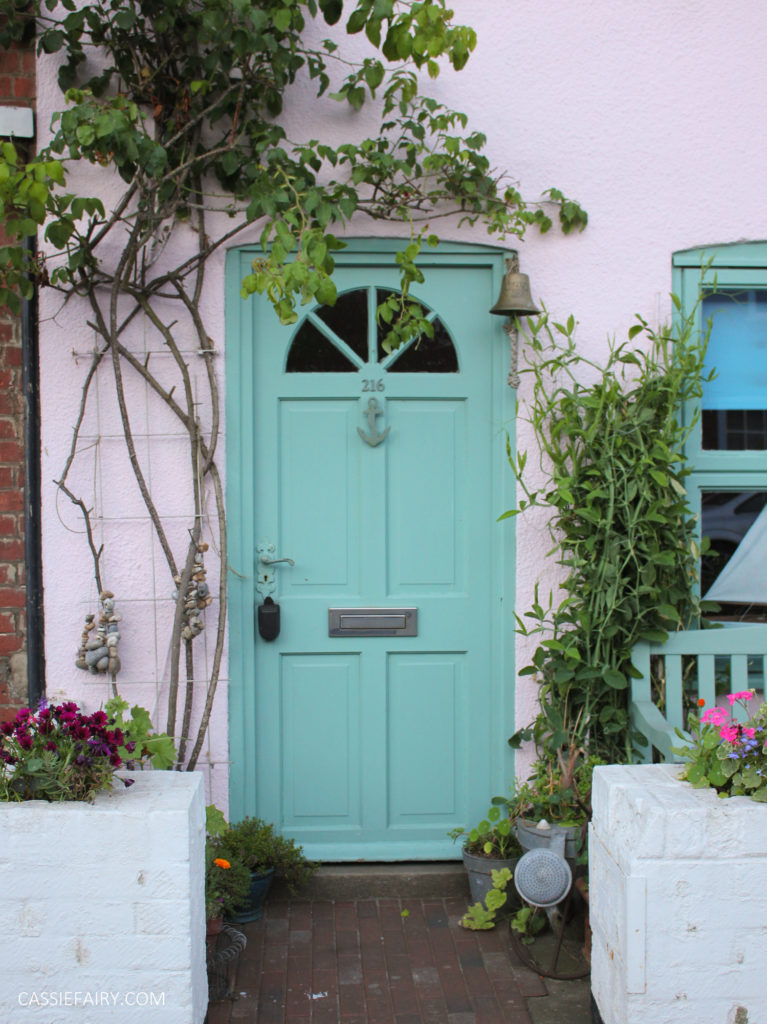
No move, no fee
In order to minimise your losses if the property purchase doesn’t go through, choose a conveyancing solicitor who has a ‘no move, no fee’ guarantee so that you don’t end up with a legal bill on a property that you’ve not been able to buy. This happened to me at the start of our house-buying journey; we had an offer accepted but the deal later fell through. Luckily the solicitor was able to refund our initial payment and we didn’t end up with a bill.
Paying the deposit
What a scary day it was when I had to hand over my deposit! I had never spent so much money at once, without anything to show for it – but at least I knew that all the money was technically still mine as I owned the house and could sell it whenever I liked. In reality, I know I’m not going to sell and take my money back out of the property, but it helped to think of it this way to take the sting out of thousands of pounds leaving my bank account!
You’ll need to pay the deposit to your conveyancing solicitor when you sign all the documents. This is the final stage of exchanging on the property and, once this is done, the purchase is binding – you’re buying this house woo! You’ll need to go into the bank to transfer your deposit to the solicitor and they will request the funds from your mortgage provider to make sure that everything comes together on the completion date.
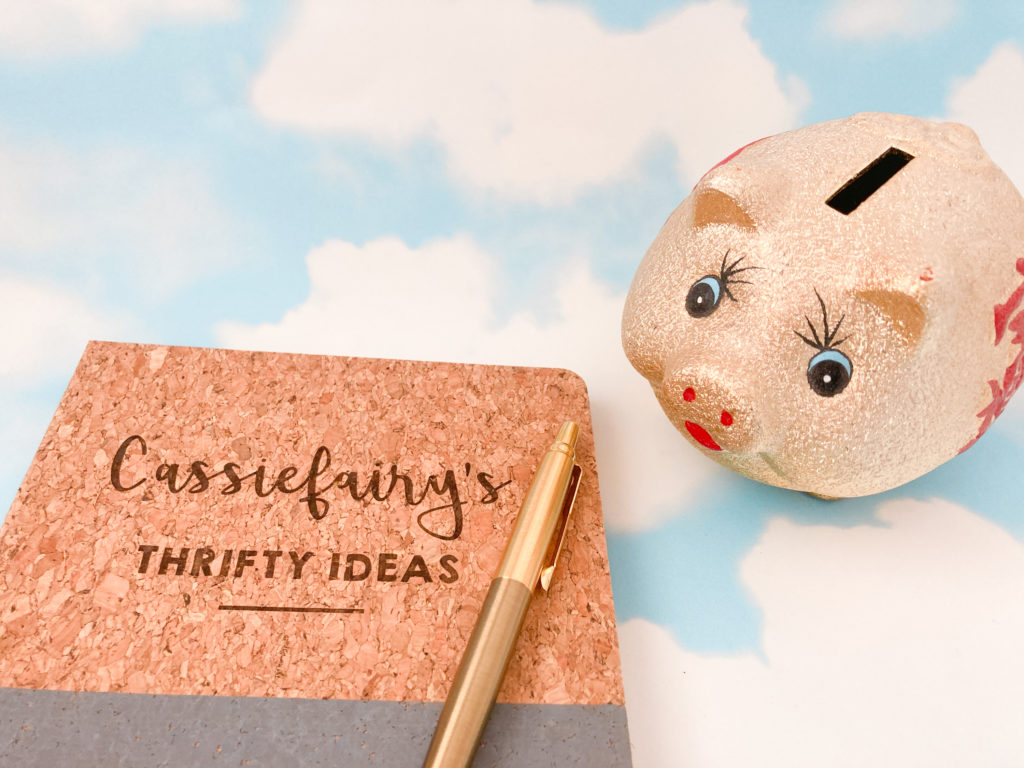
Moving costs
Even though you might have saved your deposit and money to cover all the legal fees, it’s a good idea to keep saving each month to cover the cost of moving and any quick repairs you might need to do when you get the keys. If you maintain your saving at the same rate as when you were saving for your deposit during the time between putting in your offer and completing on the property, you’ll build up a pot of money to cover these costs. Check out my blog post on saving money on moving here.
Ongoing costs
Of course, there will be other unexpected costs that come up when you’re buying your first home. The most important thing to consider is making sure you still have some savings in the bank when you move in. If the deposit, fees and moving costs have cleared out all your accounts, you’ll find yourself in a difficult position when an unexpected expense crops up or if your work situation changes. It’s essential to save money for a back-up fund so keeeeeeep saving!
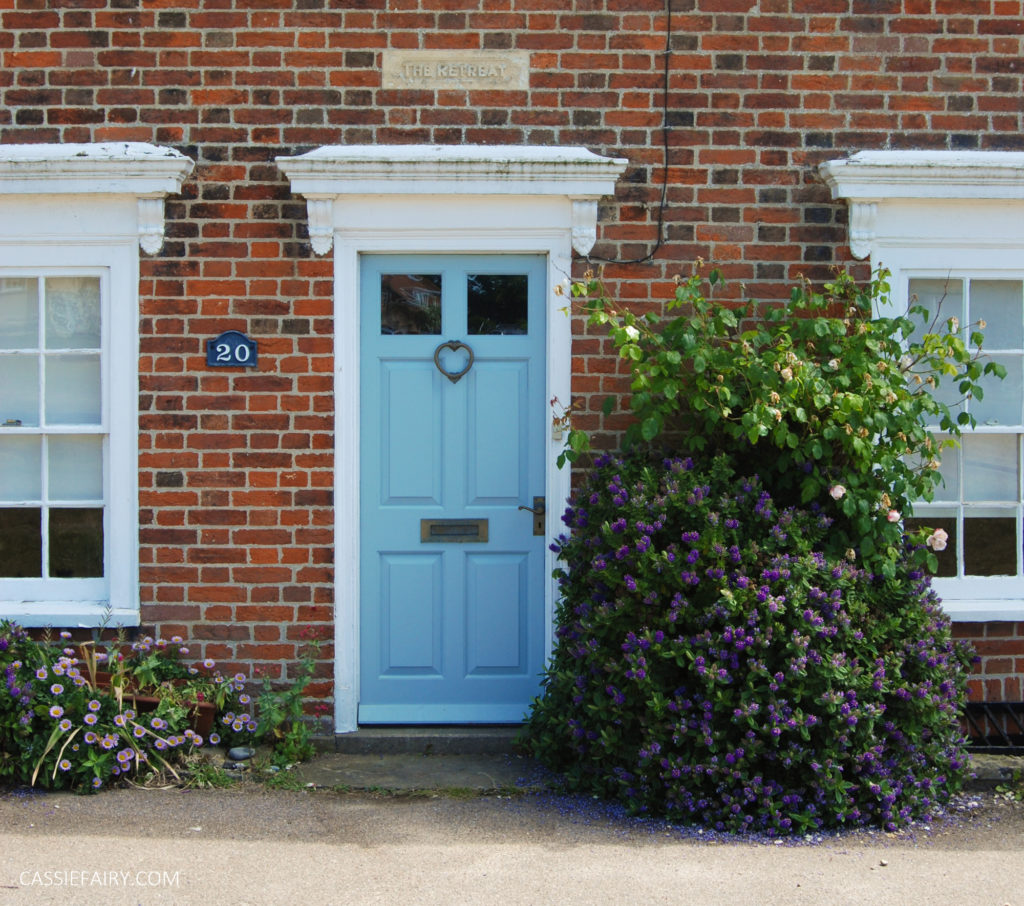
If you’re a first-time buyer, I hope the tips in this blog post will help you to make plans and take steps toward achieving your home-buying goals this year. And please do let me know if you’ve already bought your own home and you have any other advice please share it in the comments below. 🙂
Pin it for later

This article is a sponsored collaboration. The pink links in the content indicate a sponsored link or information source. The blog post reflects my own experience and the sponsor hasn’t had any control over my content 🙂









